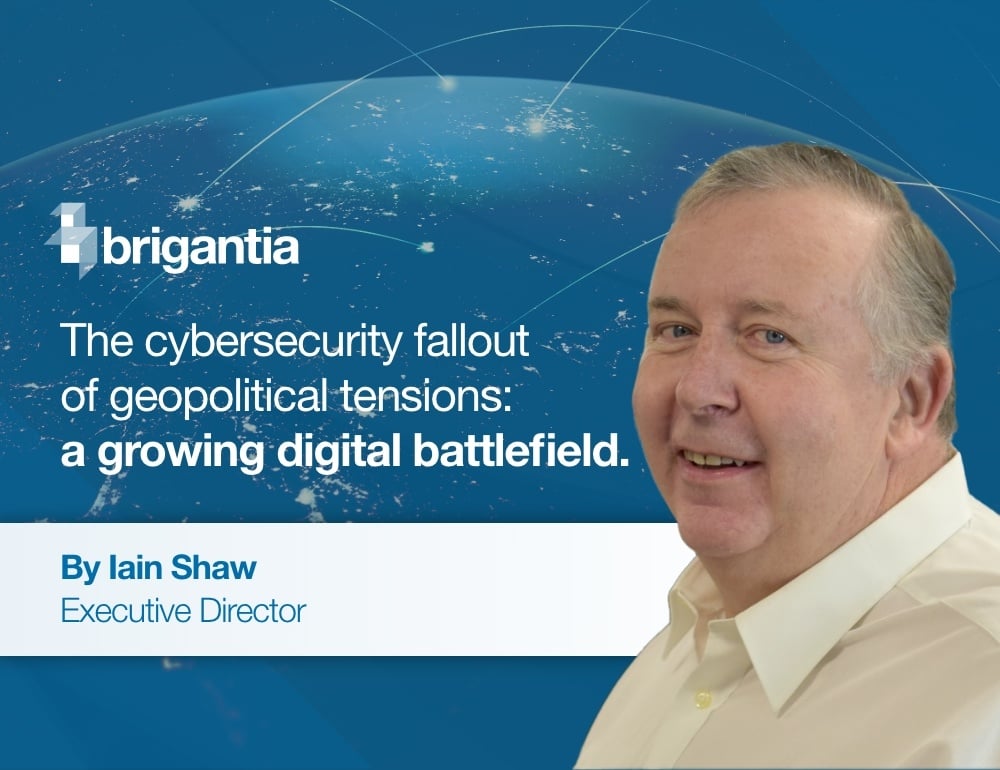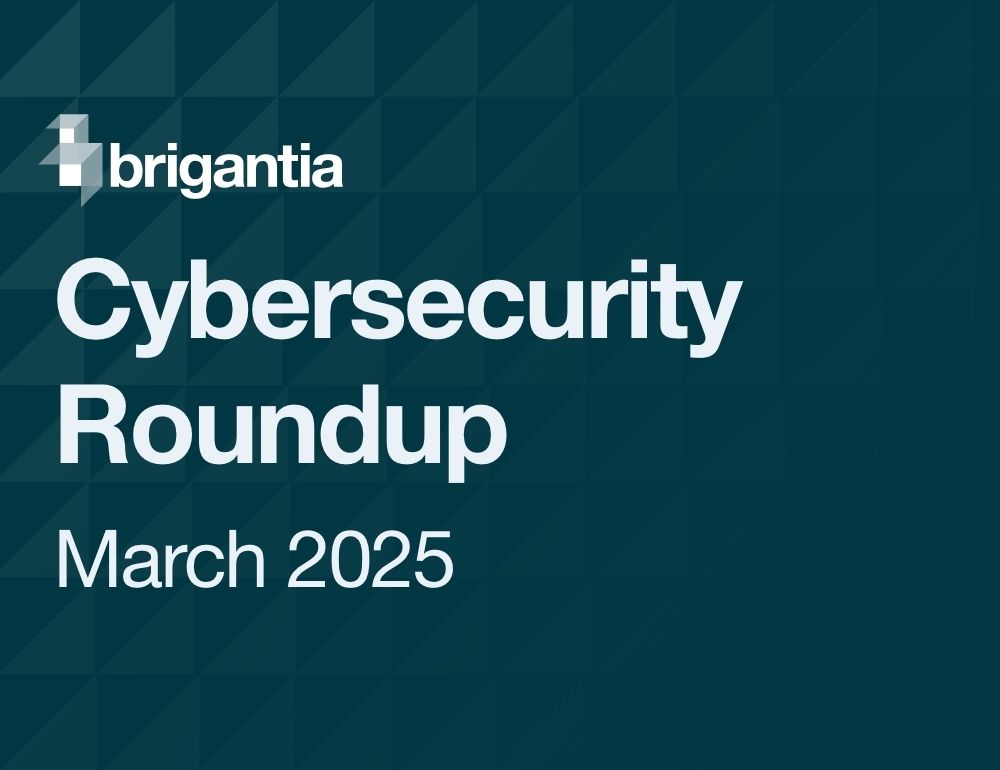At last month’s Brigantia Annual Partner Conference, I had the pleasure of hosting a panel with four inspiring women in tech and cybersecurity: Vicky Cartwright, Director of Marketing at CyberSmart; Julie Bishop, CEO of IT Naturally; Jasmine Eskenzi, CEO of The Zensory; and Emma Nordström, CHRO at Heimdal. Our discussion covered current cybersecurity challenges, the role of women in the industry, and paths toward a more inclusive future.
Evolving cybersecurity landscape
The panel spotlighted the complexities of today’s cybersecurity environment, particularly supply chain vulnerabilities. Vicky referenced a CyberSmart study showing that 87% of managed service providers (MSPs) reported breaches in the last year, highlighting the scale of the problem. She commented that upcoming government cybersecurity regulations will expand protections as well as increase businesses’ compliance and reporting requirements.
Julie, an MSP business owner herself, explained that attackers often target MSPs first, making it crucial to choose reliable partners. She stressed that while tools like multi-factor authentication are essential, building a security-focused culture across the entire team is equally important.
Changing mindsets and strengthening resilience
A recurring theme was the need to shift outdated views on cybersecurity. Emma highlighted that many organisations underestimate the potential impact of cyberattacks, often assuming a breach won’t happen to them. She noted that 85% of data breaches stem from human error, reinforcing the importance of employee training. A top-down approach to cybersecurity education – especially around social engineering – was advocated by the panel, as it can significantly reduce organisational vulnerabilities.
The panel also discussed how stress and burnout can weaken security awareness, advocating for supportive workplace cultures as a crucial layer of defence.
Opportunities in cybersecurity
Amid these challenges, there are significant growth opportunities within the field. Vicky shared that only around a third of MSPs currently offer cybersecurity services, presenting ample opportunity for expansion and specialisation. Jasmine shared her “tech for good” philosophy, promoting solutions that are not only secure but also socially beneficial. This positive approach, she believes, will define the future of cybersecurity.
Experiences and progress of women in cybersecurity
Our panellists also shared personal insights on their journeys as women in a male-dominated industry. Julie, who entered the field over 40 years ago, recalled a time when women were often limited to support roles but acknowledged the gradual shift towards inclusion. Emma addressed the impact of unconscious bias on gender diversity in tech and shared that simple strategies, like using gender-neutral language in job descriptions, can broaden the candidate pool.
Jasmine highlighted the importance of inclusivity beyond gender, advocating for the inclusion of neurodivergent individuals and other underrepresented groups to enrich the industry with diverse perspectives.
Redefining labels and moving forward
In our Q&A session, some participants questioned whether terms like “women in tech” unintentionally reinforce division. Jasmine advocated for a people-centred approach, and Emma suggested focusing on diversity through people’s perspectives and thoughts over superficial labels, as it drives tangible benefits like problem-solving and innovation.
Key takeaways
Hosting this discussion was both insightful and inspiring. Each panellist left us with powerful advice:
- “Be the change you want to see.”
- “Believe in people.”
- “Have confidence in yourself.”
- “Research, recognise bias, and commit to making change.”
As we move forward, these insights remind us that fostering inclusivity and education can strengthen the cybersecurity field, making it more resilient and representative of the diverse world it serves.






